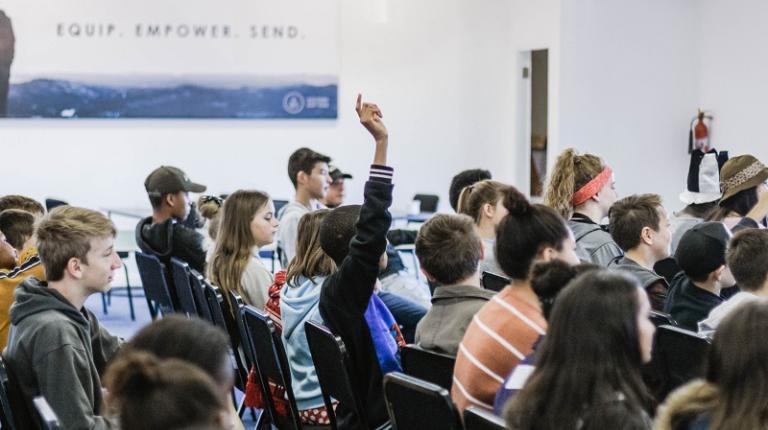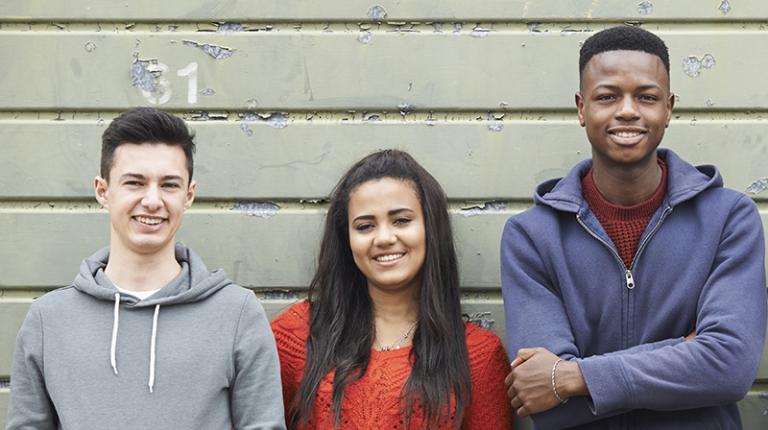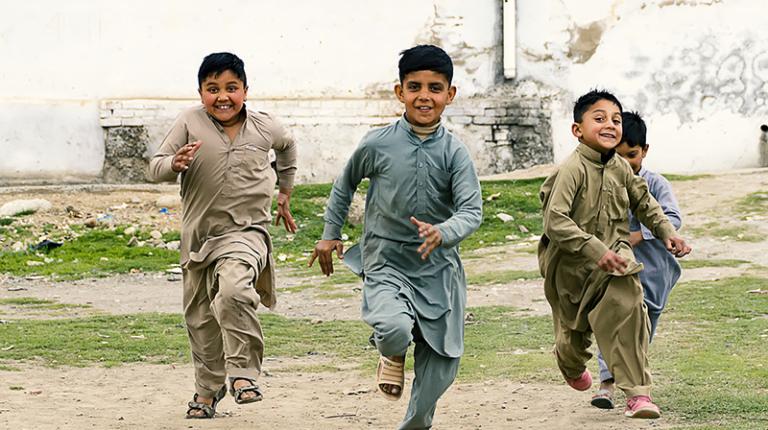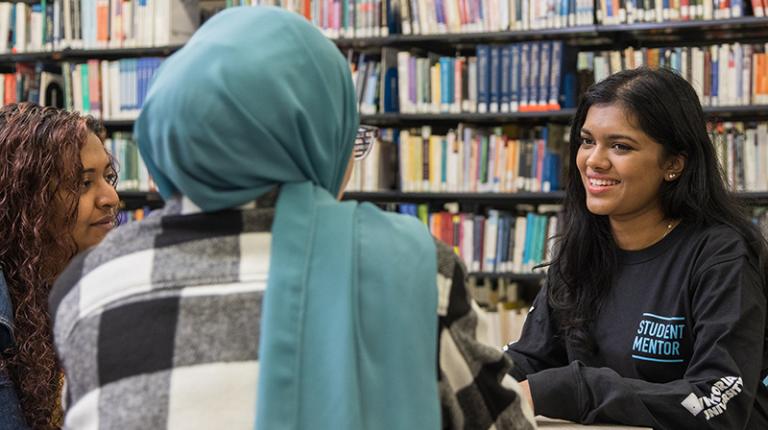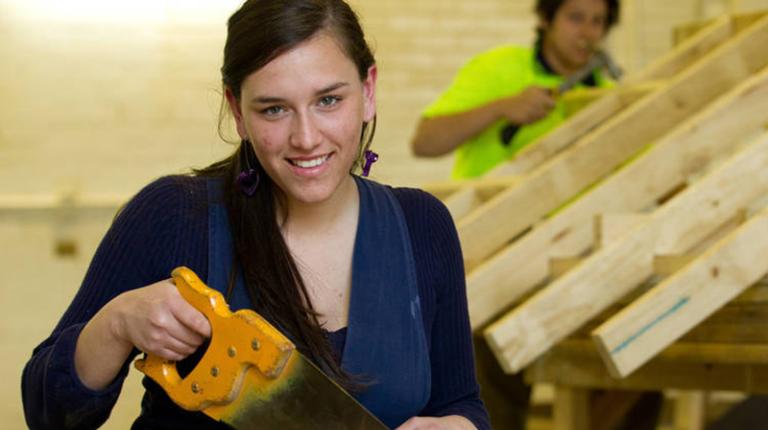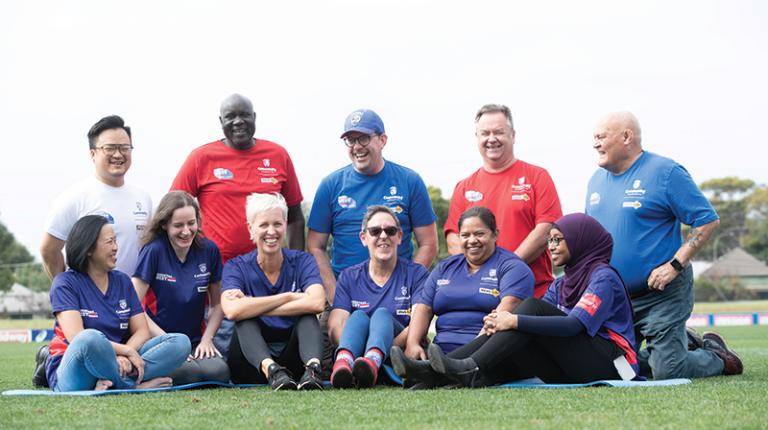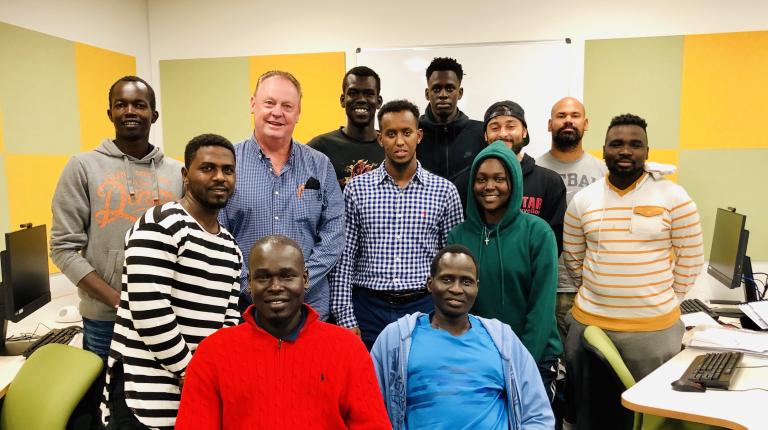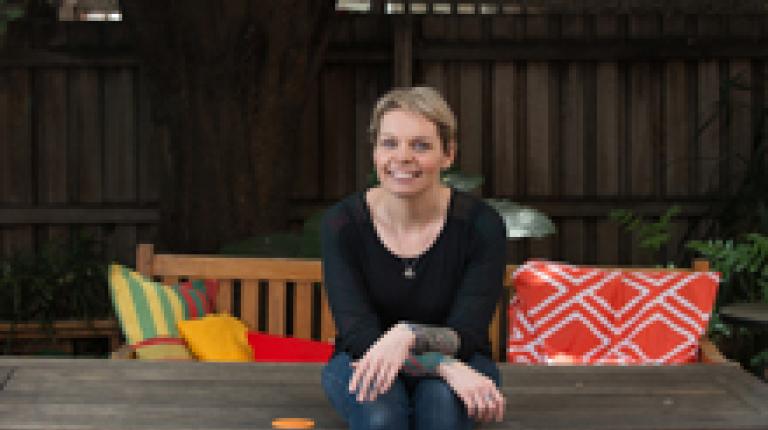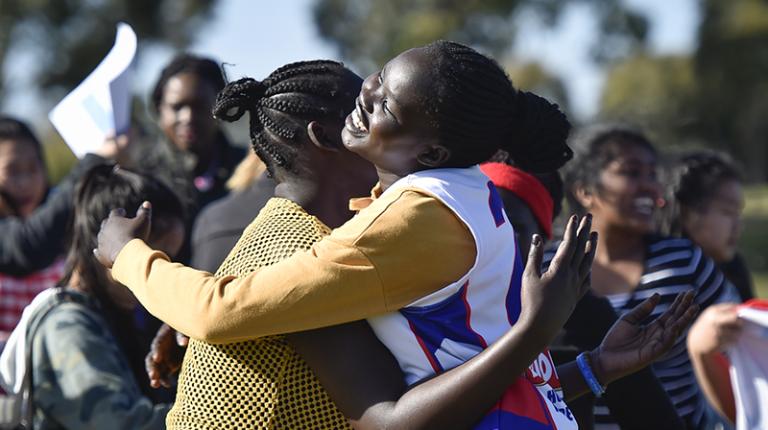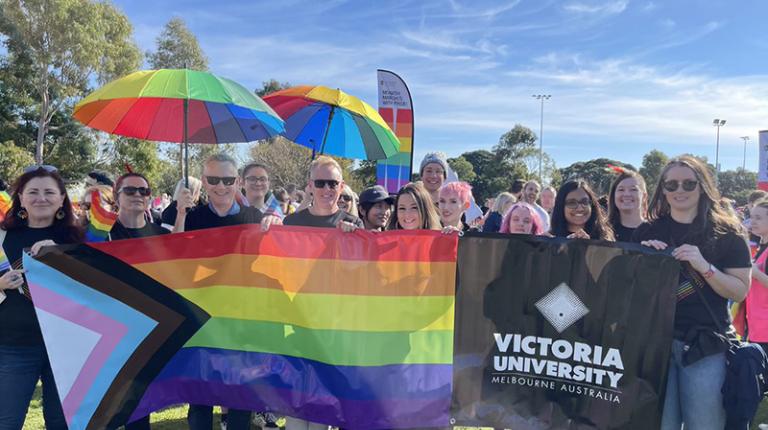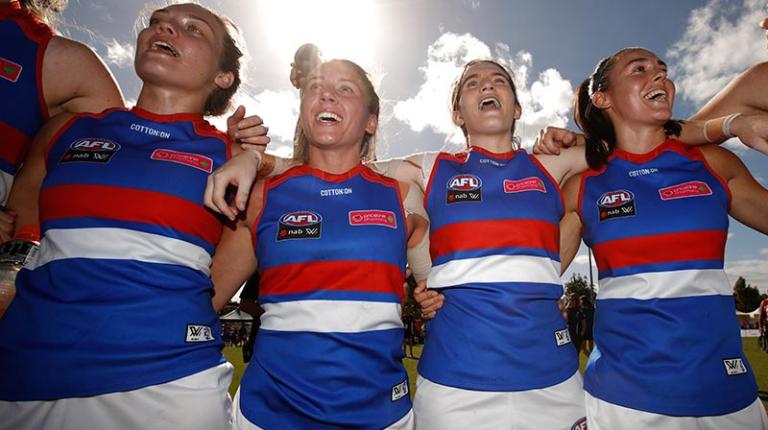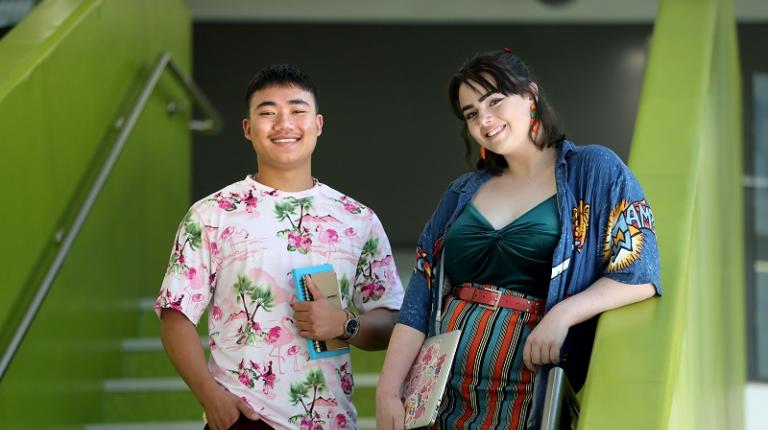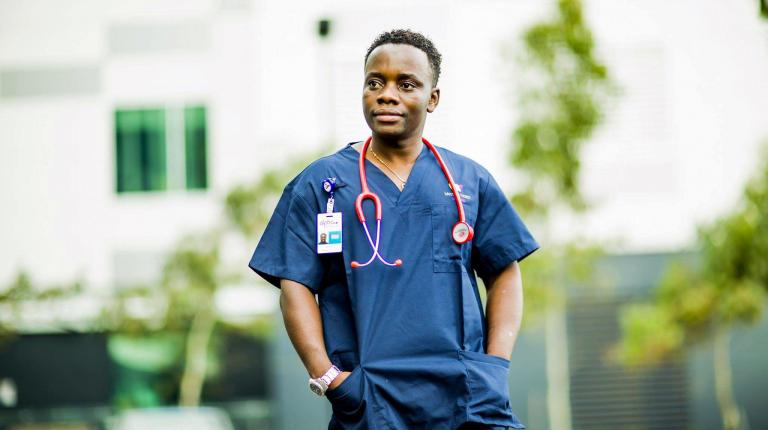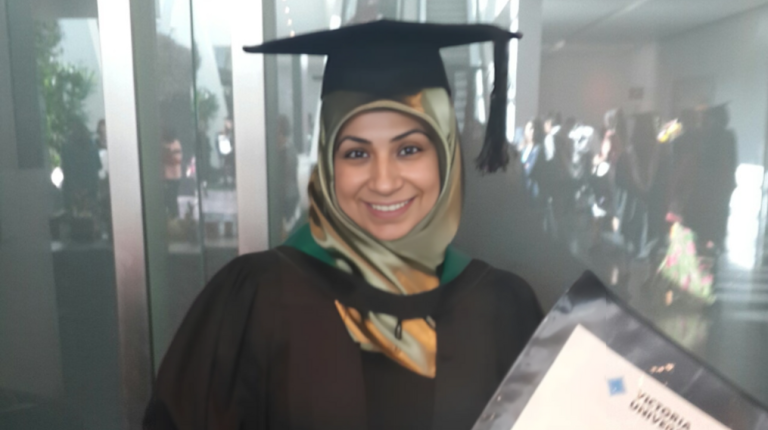Florian Schiffmann from the Centre of Policy Studies joined Harsha Paranavithana from the Central Bank of Sri Lanka and Australian researchers to examine the International Monetary Fund policy to convert central banks to inflation targeting (IT). The researchers concluded that the spread of IT internationally tends to raise the volatility of welfare in established open economies. In particular, economic welfare is rendered more volatile in the largest, most open economy as larger developing regions transition from exchange rate targeting to IT. This suggests a potential downside from universal IT, which, while it stabilises consumer prices, tends to increase the volatility of producer prices and therefore of real output, employment and welfare.
Mark Horridge and Elizabeth Roos from CoPS looked at Indonesian efforts to use more natural gas locally, rather exporting it. Domestic users are offered natural gas at a price below the export (world) price, to encourage local usage for the purpose of 'value-adding' on the natural resource, thereby raising local GDP. It might, however, make better economic sense to export the commodity and use the additional revenue to subsidise local industry directly, rather than through cheaper inputs, and invest in key factors for prosperity such as skills, infrastructure and governance. The researchers used INDORANI – CoPS’ computable general equilibrium (CGE) model of Indonesia – to model the effect of removing the subsidy on gas. The results indicate that removing the subsidy would increase GDP. However, the gas subsidies are small compared to other distortions in the Indonesian economy. So the benefits of removing the gas subsidy is also small, unless the model assumes the subsidies lead to inefficiencies. Factoring in efficiency gains clearly results in a rise in GDP of nearly half of the value of the subsidies in the longer term. There would be more immediate benefit to the Indonesian economy by focusing on removing the larger distortions, such as the subsidies for fertiliser, electricity and gasoline use, and taxes on some imports.
CoPS researchers, Peter Dixon and Maureen Rimmer worked with Scott Farrow from the University of Maryland to estimate the cost to the U.S. economy of increased drop-out rates from high school, because of difficulty staying in school due to Covid impacts on family employment and welfare. The cost estimate was produced for the U.S. Department of Homeland Security. The model accounts for labor productivity, crime costs and high-school savings. Using an estimate of a 25 per cent increase in drop-out rates occurring in the two years starting September 2019, with a gradual return to pre-Covid rates in 2025, the results show a loss of 597,000 high-school graduations from cohorts entering high-school in 2016-2024. The present-value cost of this decrease in year 12 attainment is between $42 and $137 billion, depending on discount rates.
Globally, insufficient physical activity (PA) is one of the main risk factors for premature mortality. People with socio-economic disadvantage participate in lower levels of PA than those who are more affluent, and this contributes to widening health inequities. Bojana Klepac Pogrmilovic and Melinda Craike from VU, joined Sarah Linke from the University of California, San Diego, to advance a new approach to addressing levels of PA. Proportionate universalism suggests that health interventions and policies should be universal, rather than targeted, but with intensity and scale proportionate to the level of social need and/or disadvantage. The researchers use this model to propose interrelated and multi-level evidence-based policies and strategies to support PA promotion in primary healthcare, while addressing health inequities. This approach has the potential to transform the delivery of health care to a prevention-focused health service model, to reduce the prevalence and burden of chronic disease and health care costs in high-income countries.
People with disabilities have poorer physical and mental health and die sooner than their non-disabled peers. Health inequities are avoidable and violate human rights. Jerome Rachele from VU joined a team of researchers from around Australia to contribute a chapter on Social and Environmental Determinants of the Health of People with Disabilities in the Handbook on Ageing with Disability. The research in this area shows that that the inequality in health status between people with and without disability results, in part, from the increased risk of people with disabilities being exposed to some well-established social and environmental determinants of poor health. The chapter also outlines some key areas for further research.
Melissa Tham from the Centre for International Research on Education Systems looks at whether public selective intake schools, that admit students on the basis of academic merit, serve to provide fair educational opportunity for all students. The evidence is that fully selective schools actually enrol the highest proportions of socioeconomically advantaged students. Conversely, non-selective government schools have the lowest share of advantaged students and are the lowest performing. As such selective schooling does not address relative disadvantage across the regions educational system.
Jillian Marsh from Moondani Balluk, joined researchers from Australia and Sweden to evaluates Social Life Cycle Assessment (S-LCA) from Indigenous methodologies and standpoints, to determine the usefulness of S-LCA in Indigenous contexts. Life Cycle Assessment is used to measure environmental impacts connected with all stages of the life cycle of a commercial product, process, or service. S-LCA is a methodology designed to include the social aspects of sustainability in the LCA methodology. S-LCA emphasizes stakeholder involvement and the United Nations Environment Programme (UNEP) S-LCA guidelines (2020) lists Indigenous communities as possible stakeholders. The researchers focussed on Indigenous communities in the Arctic region and comparative aspects from Australia to reflect upon the potential of S-LCA to opposing worldviews. The researchers conclude that S-LCA with some further developments can be a valuable methodology for Indigenous contexts.



